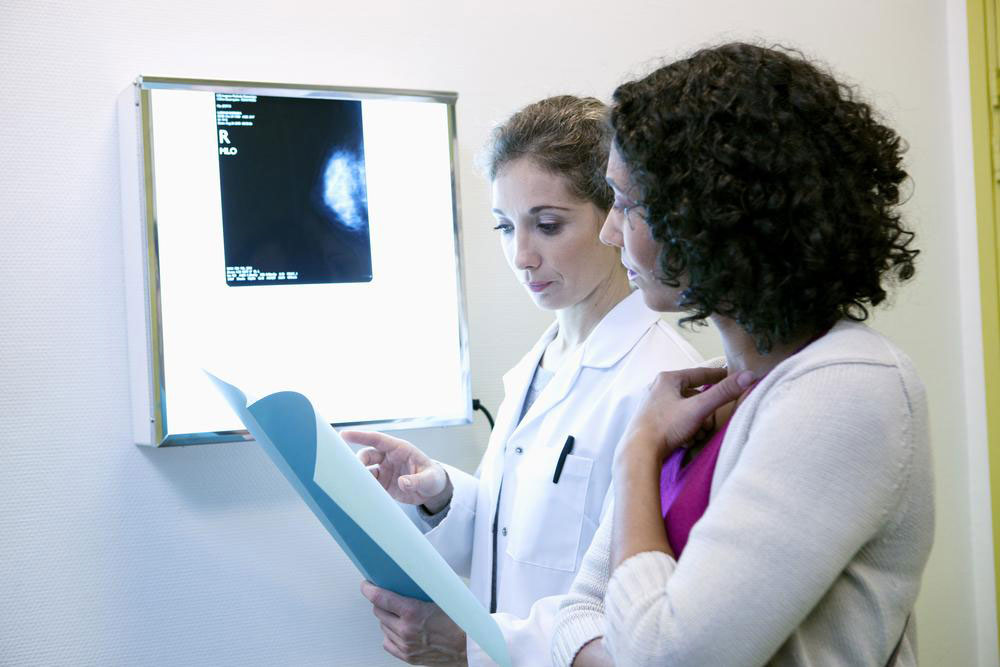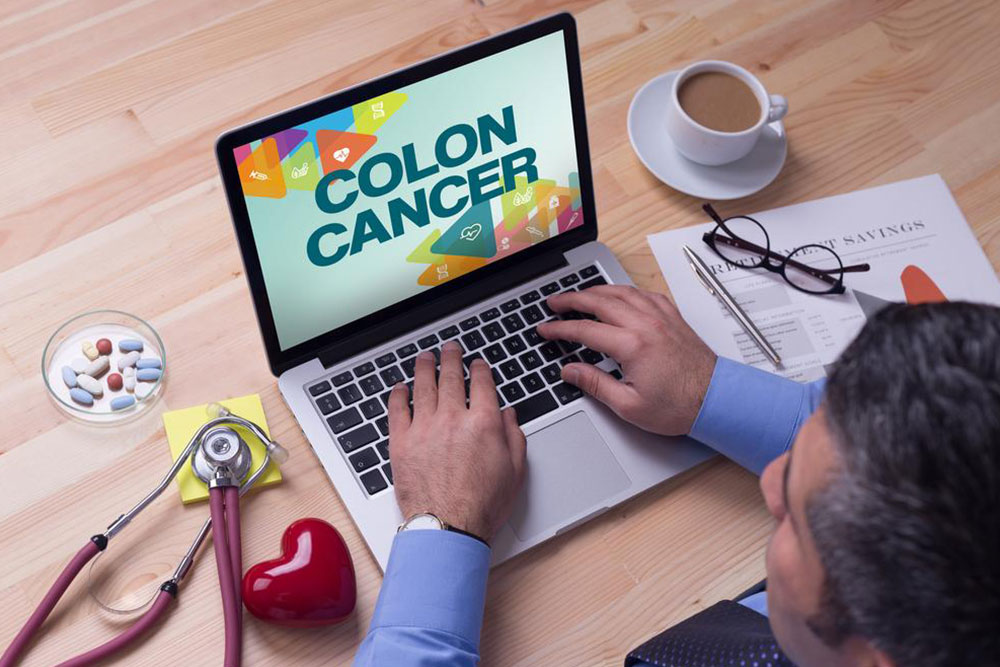Detecting Colon Cancer Early: Signs, Risks, and Prevention
Early detection of colon cancer is vital for effective treatment. Recognizing symptoms like changes in bowel habits, blood in stool, and unexplained weight loss can prompt timely medical evaluation. Screening starting at age 50, especially for at-risk groups, greatly improves prognosis. Blood markers and colonoscopy are key tools in early diagnosis. Understanding risk factors such as family history and digestive disorders helps identify individuals who benefit from proactive screening. Early intervention offers a high chance of recovery, emphasizing the importance of awareness and regular check-ups.

Detecting Colon Cancer Early: Signs, Risks, and Prevention
Early detection of colon cancer is crucial as most cancers begin subtly, making early diagnosis challenging. Since cancerous cells originate within the body's own tissues, the immune system often fails to recognize them as threats. Recent research aims to identify changes in early cancer cells and enhance the immune response to destroy these cells, improving treatment outcomes. Blood markers have been identified to assist in screening, especially in high-risk groups. Recognizing symptoms such as bowel habit changes, blood in stool, and unexplained weight loss allows for timely medical intervention, increasing the chances of successful treatment.
Most early-stage colon cancers show minimal symptoms and are often mistaken for common digestive issues. Health professionals recommend screening for individuals over 50 or those with a family history. Tests such as colonoscopy help detect precancerous growths and early tumors, enabling treatment before cancer spreads. Risk factors include genetic predisposition, chronic bowel conditions, and lifestyle factors like diabetes. Early diagnosis, combined with medical advancements, allows for treatments with high success rates. Regular screening and awareness are vital for early intervention and improved survival chances.
Changes in bowel movements lasting several days
Blood in stool or on toilet paper
Persistent feeling of incomplete bowel evacuation
Rectal bleeding or dark stools
Unexplained weight loss and fatigue
Anemia without cause
If you experience these symptoms, consult a healthcare provider promptly. Screening should be considered for those over 50 or at high risk. Early detection can lead to effective treatment and better outcomes, making awareness and proactive health checks essential in fighting colon cancer.
Understanding risk factors such as family history, chronic digestive disorders, and lifestyle choices helps in early detection efforts. Diagnostic tools like colonoscopy and blood markers aid in identifying abnormalities early on. The best outcomes are achieved when treatment begins at the precancerous stage or early cancer phases. Medical guidelines recommend regular screening starting at age 50, or earlier for those with known risk factors, to improve survival rates significantly.










